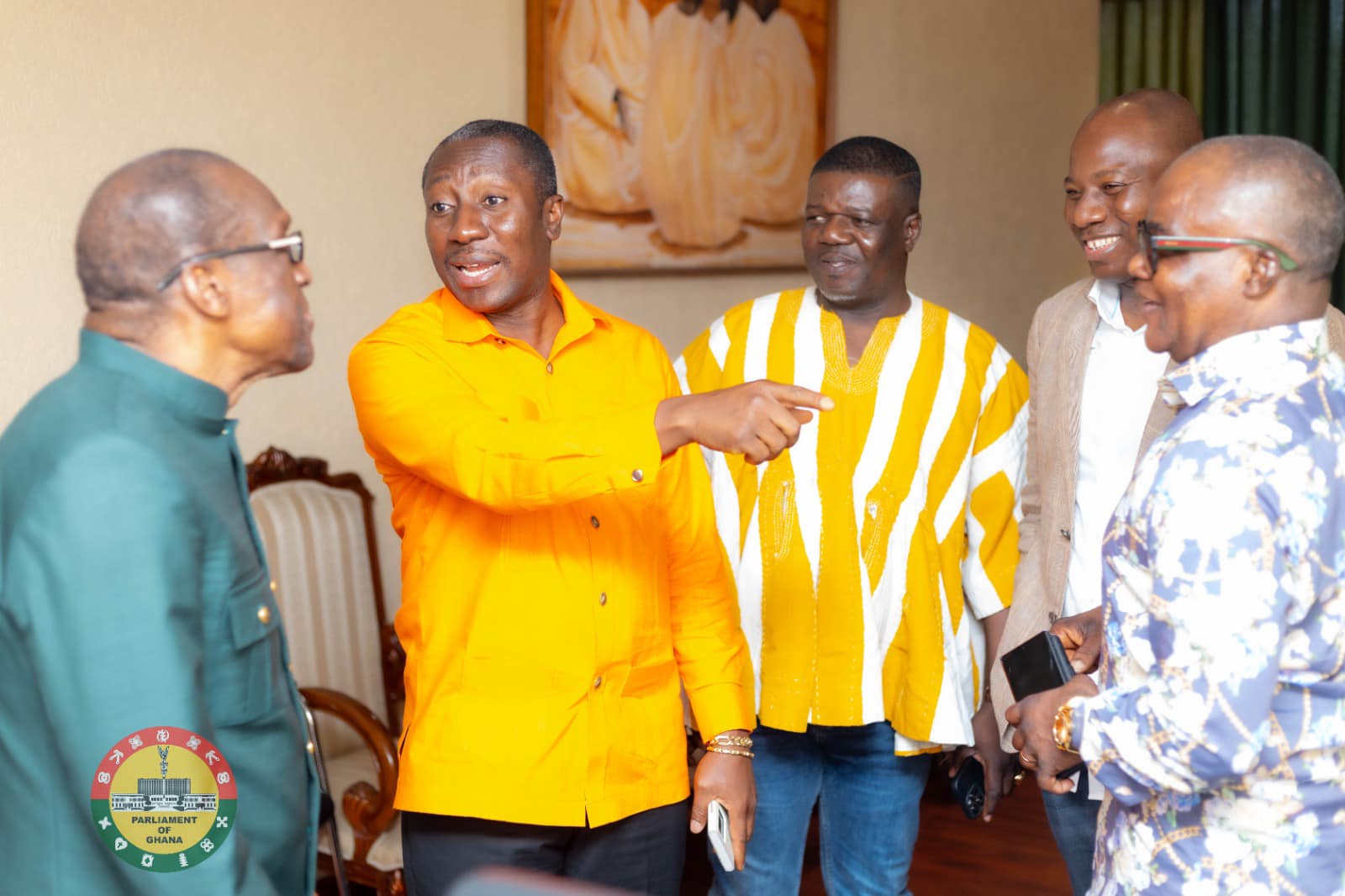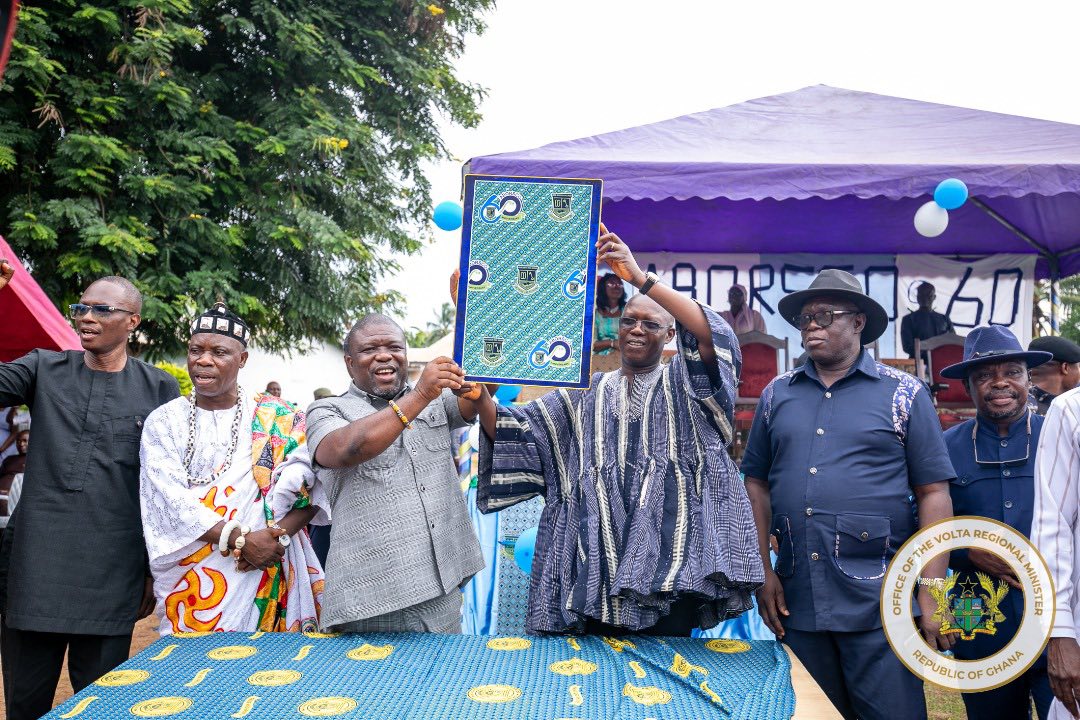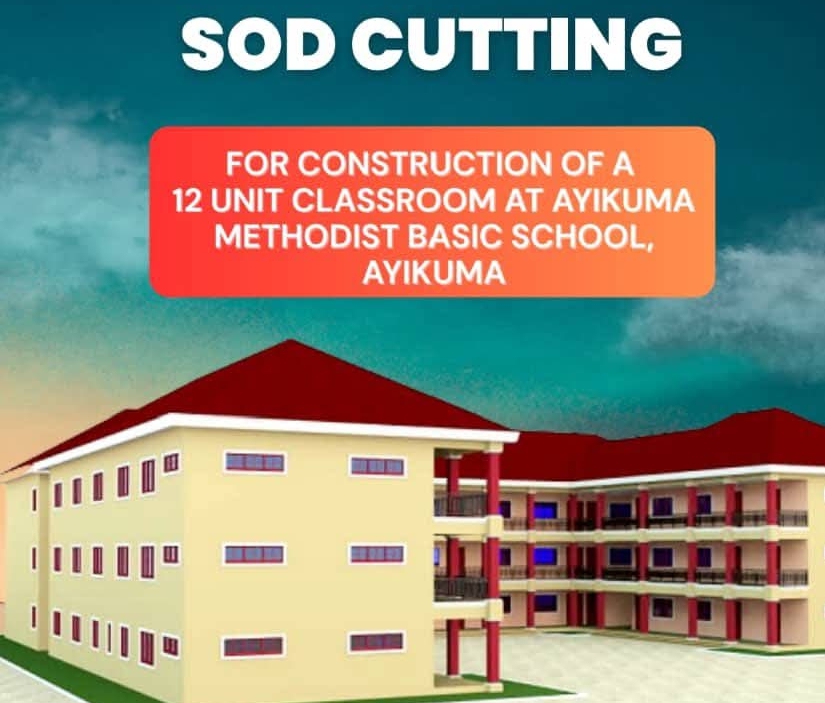Speaker Alban Sumana Kingsford Bagbin has admonished members of parliament to pay special attention to details contained 2025 budget and economic policy statement of the government for the year ending 31st December 2025.
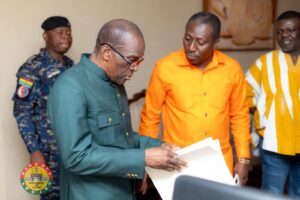
According to him, the national budget is the most important policy instrument of any government, “as it declares government policy priorities and provide the roadmap for the direction of national development that discloses projected resources available to the state, planned provisional expenditure and the policy initiatives to be pursued by the government in the budget period”.
He said, the 2025 presented to parliament by the Finance minister, touches every aspect of the country’s economic and social life, including safety and security, law and order, infrastructure, education, health, food, and agriculture”, he stressed, “calls for the attention, appreciation and participation of every citizen because it touches every facet and impacts on their daily lives”.

The speaker who was delivering his keynote address in parliament on15th March 2025 to open Post-Budget Workshop for the MPs concedes that the budget is a technical and complex document, difficult to fully understand, even for those of “us who are tasked with the responsibility of overseeing its implementation”.
“The financial and economic complexities woven into the budget make it challenging for citizens, and indeed for many of us, as MPs, to fully appreciate its implications. This is particularly the case when we consider the general economic environment and the intricate connection between the national budget and our external commitments such as the International Monitory Fund (IMF) Programme”, he added.
Highlighting the objective of the post-budget workshop noted that MPs are better positioned to critique the 2025 budget statement with the resourced persons dealing with specific sectors or areas of the budget- “we must be able to ask the right questions, assess the trade-offs and understand the potential long-term effects of the policy choices embedded in the budget”.
“Hon. Members, this is not just about understanding the numbers, but also understanding how those numbers translate into tangible outcomes for the people we represent. It is in the light of this, that we have gathered a team of distinguished and experts to assist in a thorough engagement with the 2025 budget, with a particular focus on key areas deemed essential for a comprehensive understanding and appreciation of the budget”.
The workshop is classified into five thematic areas:
- Contextual Overview of the 2025 Budget – Macro Economic, Fiscal Environment and the IMF Programme
- Public Sector Debt Management and the 2025 Budget
- Policy Objectives and Targets for the 2025 Budget
- How to Analyse and Critique the 2025 Sector Estimates, and
- Taxation and Revenue Mobilization Strategies in the 2025 Budget
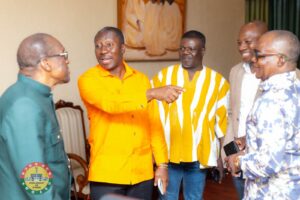
And The speaker submitted that these selected areas of discussion will enable them to, among others, deliberate on government engagement with the IMF and its impact on the macroeconomic and fiscal environment of the economy.
“It will also create the opportunity to ask critical questions about the management of our national debt, which is central to the sustainability of our fiscal policy. such questions may relate for instance to how we balance borrowing and investment in growth as well as how to ensure sustainable debt levels so that we do not undermine the fiscal space required for the provision of essential public services”, he mentioned
By Edzorna Francis Mensah

























